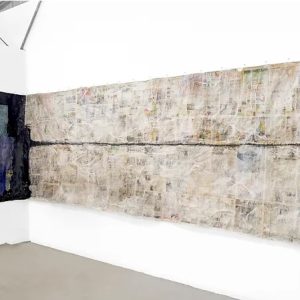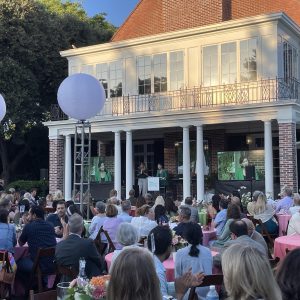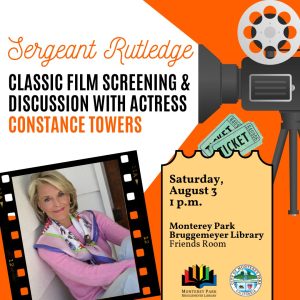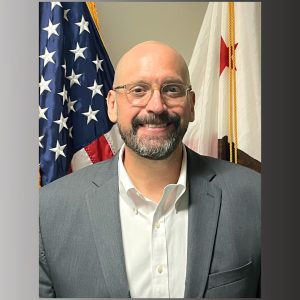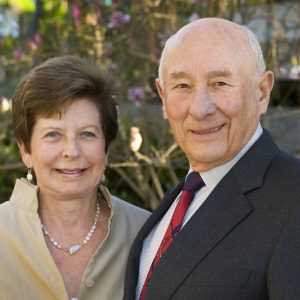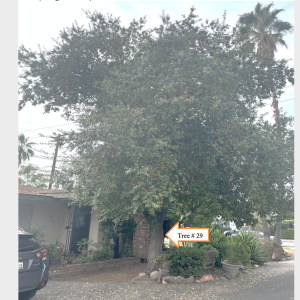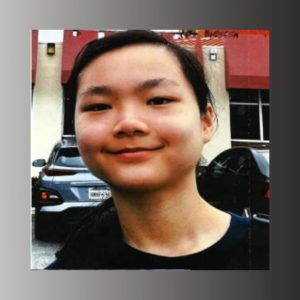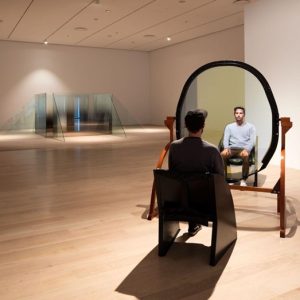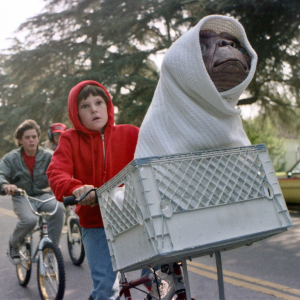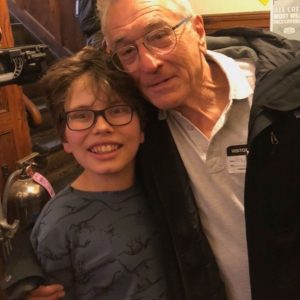 View Winners →
View Winners → ‘How the Light gets In’ is World-Premiered at Boston Court Pasadena
By May S. Ruiz
There are two lines in Leonard Cohen’s song ‘Anthem,’ that go ‘There is a crack, a crack in everything; that’s how the light gets in.’ The words inspired an original play by E.M. Lewis ‘How the Light Gets In,’ which is currently having its world premiere at Boston Court Pasadena from September 19 to October 28. Directed by Emilie Pascale Beck, the Literary Manager at Boston Court, it stars Amy Sloan and Ryun Yu in the roles of Grace and Haruki, and features Chelsea Kurtz as Kat and Dieterich Gray as Tommy Z.
‘How the Light Gets In’ is an intimate story about four characters – a travel writer who never travels, a Japanese architect who can’t figure out how to build a simple tea house, a gifted tattoo artist who resists the power of his talents, and a homeless girl who lives under a weeping willow tree in the Japanese garden – who live disparate lives that somehow intersect in the most unexpected way.
That peculiar, yet fascinating mix, is enough to pique anyone’s curiosity. Lewis, during a late morning interview, gladly chats about her start in playwriting, her connection to Boston Court, why she conceived this play, and how the four unlikely characters’ lives in ‘How the Light Gets In’ seamlessly blend into each other’s.
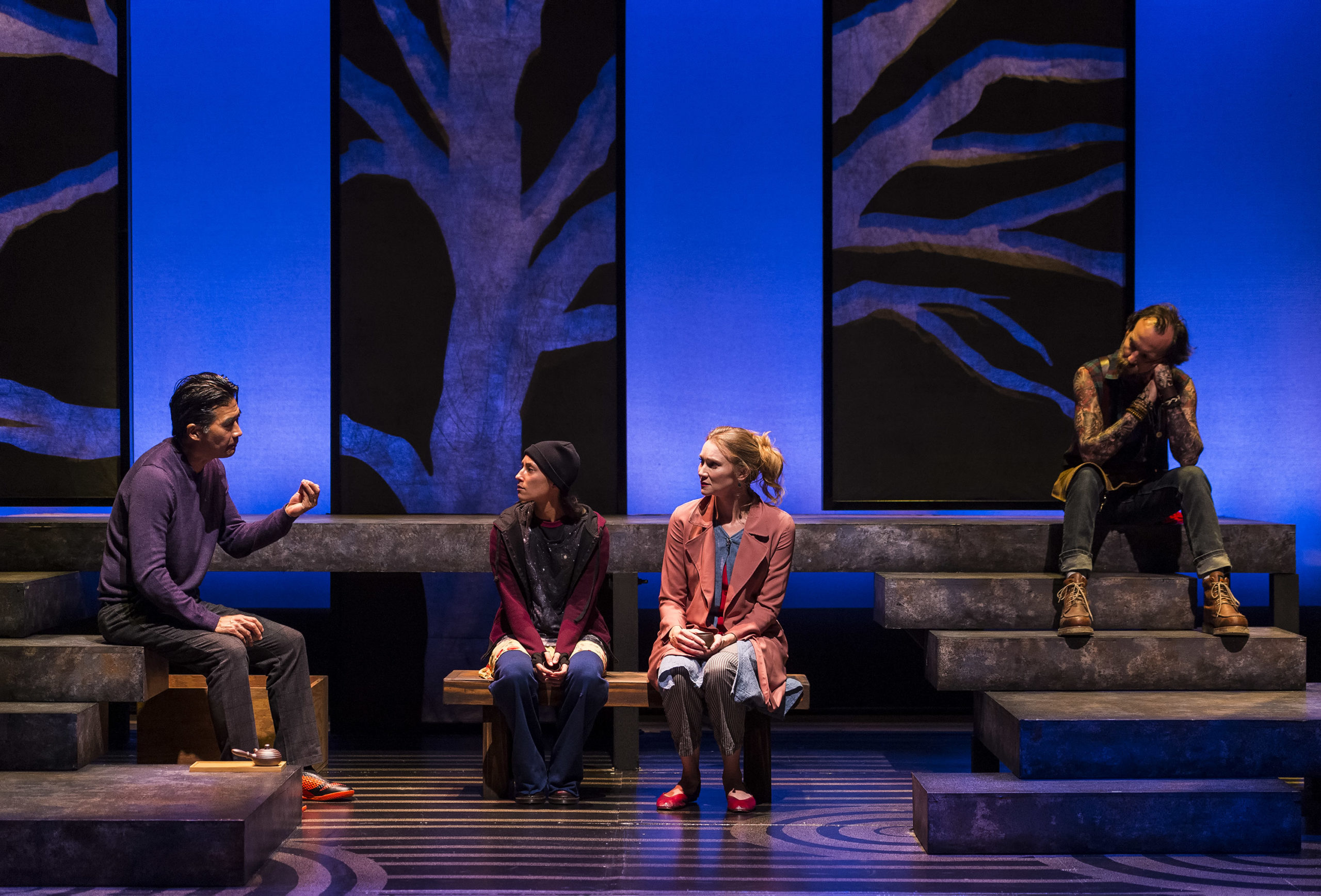
Lewis begins, “I’m from rural Oregon but I went to graduate school at USC and stayed in Los Angeles for quite a while. This is where I became a playwright and I have a lot of friendships and connections to the theatre community here in Los Angeles. I met Emilie then and we’ve wanted to work on something together since. I was involved with ‘Moving Arts,’ a small theatre company in Silver Lake and they’ve done four of my plays over the years – ‘Song of Extinction,’ ‘Infinite Black Suitcase, ‘The Gun Show’ and the latest one was ‘Apple Season.’
While New York is widely known as where theatre happens, there’s a very active theatre community here. There are amazing actors and people who are passionate about creating stories for the stage who often are making a living on film and television. But they love coming back to the theatre because it’s intimate – there’s a relationship between you and the audience. And I love that, especially when the story is so close to me and I can feel myself breathing what they’re breathing. That’s ideal to me as an audience member and a playwright as, I’m sure, it is what actors and directors want.
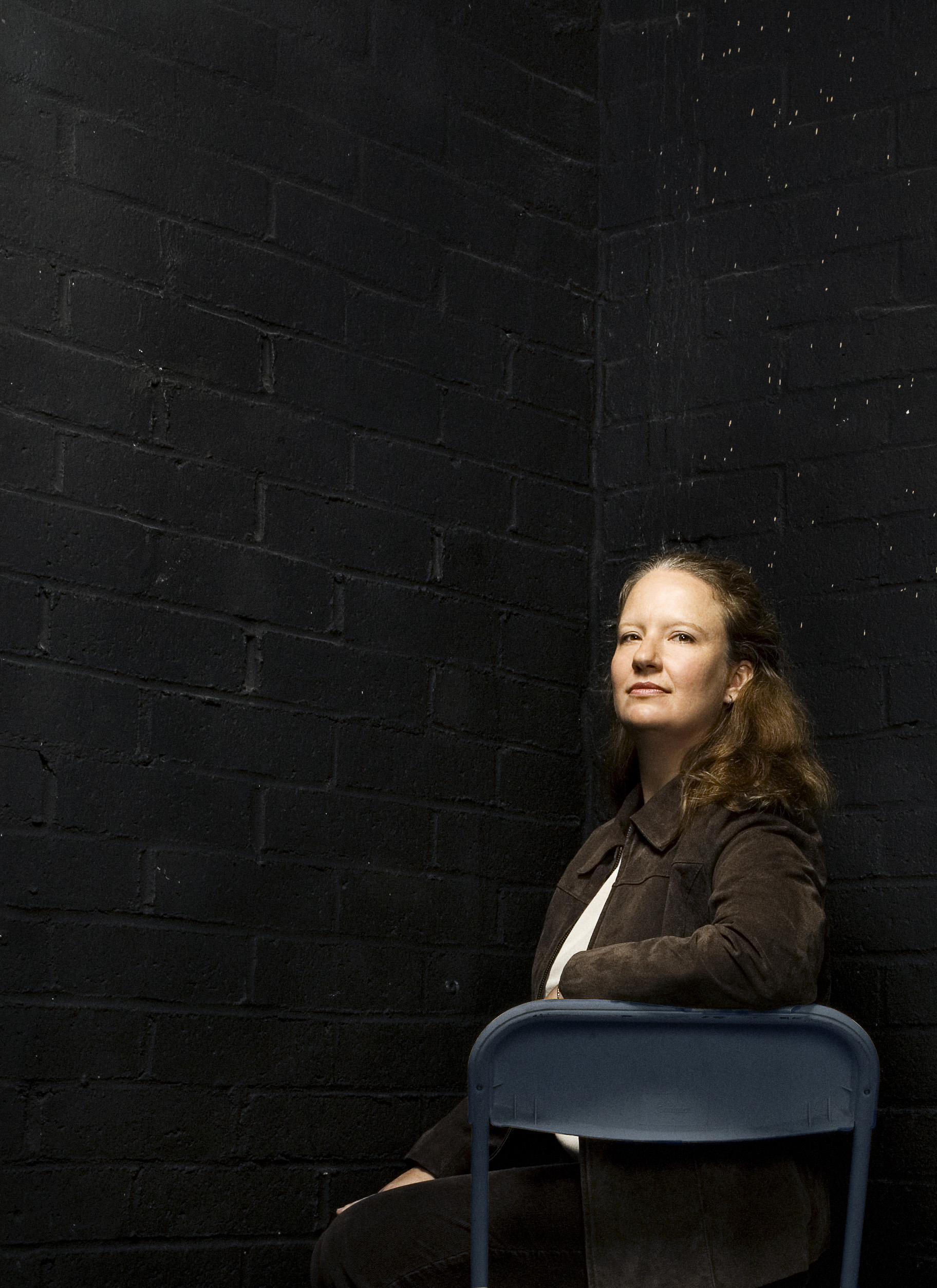
Talking about the play that involves people who seem to be in the wrong profession, Lewis describes, “Grace, the main protagonist, is a smart and capable travel writer who loves to read and enjoys what she does. She took care of her parents who were getting older and when they passed away she finds herself, in the middle of her 40s, a little bit isolated. While she has a satisfying career, she’s unmarried and has no family so her life has no meaning to her. When something happens to her, she’s shocked to find out she has no one to emotionally help her with what she’s physically going through.
“The male protagonist is the architect Haruki who lives in Japan but works internationally; he’s been widowed for ten years. His wife was the world to him and when she died, he lost his heart. He poured all his energy into his work and became solitary. While he is prospering professionally, the personal side of his life has been neglected.”
“So these two people find each other at a moment when he is finally, perhaps, maybe, open to the possibility of something new – although he’s not sure that he’s ready for love – and she is in the midst of a crisis, which is really the most terrible moment to come across someone who is lovely and wonderful. She doesn’t feel like herself and is not sure what’s going to happen. Yet, things in this life don’t happen on a schedule or when you want them to, they happen when they happen. So we’ll see whether or not they allow themselves to seize this opportunity. It’s a little love story; I haven’t written very many. It’s quite joyful to have these two characters in my head and in my ears as I was writing the play, and now to see them come to life. It’s really delightful; I think I should write more love stories,” Lewis chuckles.
Continues Lewis, “Tommy Z, the tattoo artist, is a tough character. He owns the shop where he works which is, basically, an abandoned half-demolished building that he bought for a good price. There’s one entire wall missing, where someone drove through. And so he built a wall out of discarded window frames and windows he salvaged from various garbage sites, which created a quilt of light.
“We learn that his life converged with Kat’s at a hospital emergency room. She had been having a rough time – she had hurt herself yet decided to get help. So she finds herself in the ER late one night and takes the last seat, which happens to be beside Tommy, whose brother has overdosed, and not for the first time. They strike up a conversation and a friendship, proving that in the midst of crisis people connect and find each other. Their story ends up intersecting with Grace’s and Haruki’s because Kat has been living under the willow tree in the Japanese garden. While Tommy’s only connection to the garden is through Kat, he gets woven into the tale because his gift as a tattoo artist turns out to be important to some of the other characters in unpredictable ways.”
Choosing her words deliberately, Lewis explains, “The core of the story is that in a moment of crisis, when you are overwhelmed by something that has happened, you are also in a moment of possibility of remaking yourself. Grace who, until that time, has been doing what she’s always done – writing a travel column – finds out she has a health crisis which knocks her off her feet. She’s trying to figure out what to do and how to handle it. And with the help of these strangers who become family to her, she finds her way out the other side and somehow in a better way. Sometimes a catastrophe pushes you to look at your life and see what’s missing, to consider what you want to be, show you a clock that’s ticking, and makes you realize how important it is to do what you want to do right now.”
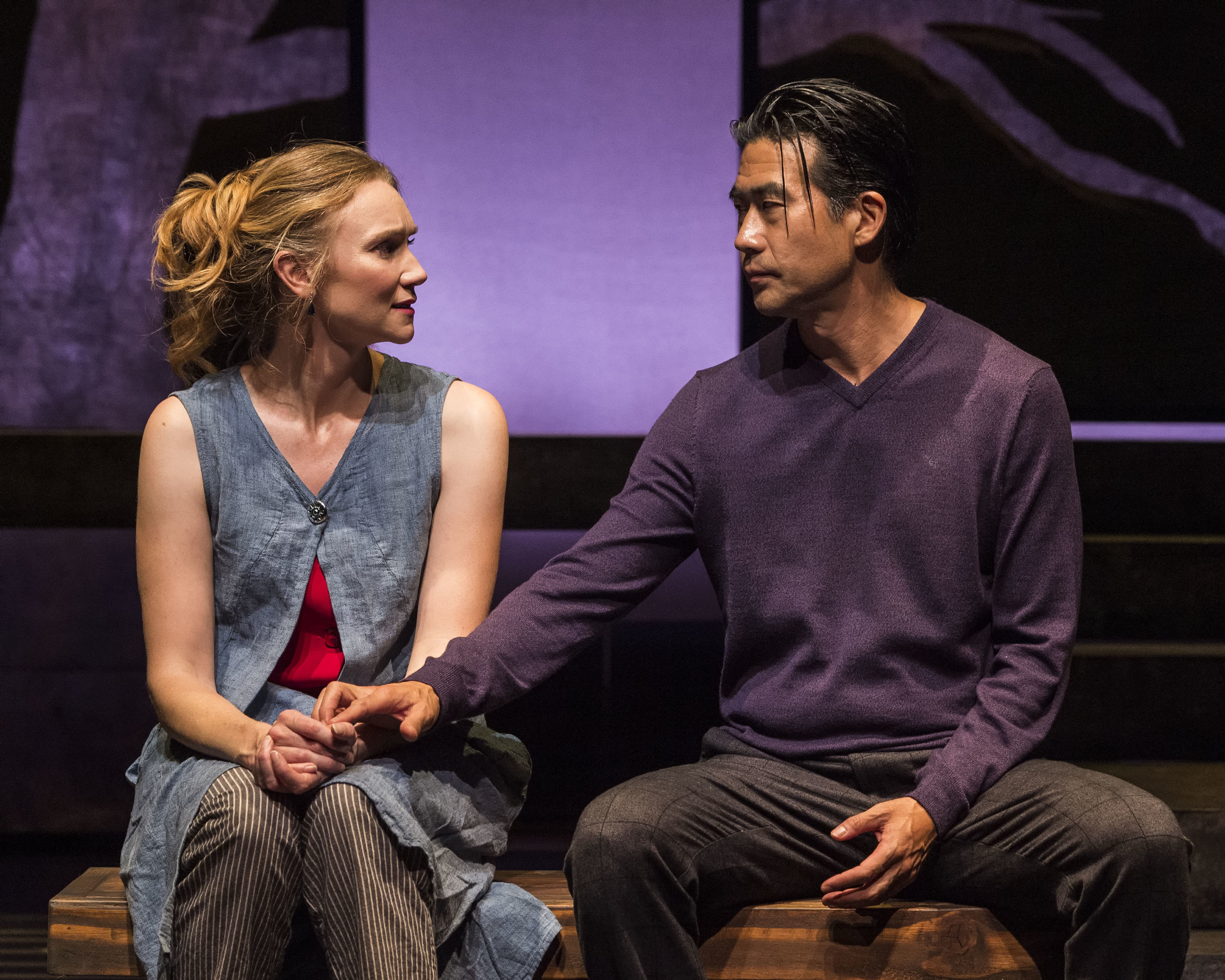
Asked how she conceived the play, Lewis responds, “Plays are made out of playwrights. What other stuff do we have to make our work from? The story and the characters are entirely fictional but there’s a lot of Grace’s story that comes from me. I had a health crisis about two years ago, which was both shocking and scary, so Grace’s journey mirrors mine a little bit. I began writing the play while I was going through medical procedures and, as usual, it’s writing that saves me. My characters – who dropped into my head – helped me figure out about myself what I have trouble doing. Hearing their voices made me less lonely as I was going through it. And it’s exciting to see that they’re going on stage in a unexpectedly quick time from when I started writing it.”
The genesis of the title, which could be interpreted in so many different ways, helped Lewis craft the play. She reveals, “Titles are really important to me, they’re part of my conception of the play as a whole and what it wants to be. I can’t remember specifically if it just came into my head from knowing the song, or if I was listening to Leonard Cohen while I was writing it, and I went ‘Ah, that’s a great title!’ as sometimes happens. There is a lot of poetry in it. And that image of how the light gets in, for this character, who is in the midst of so much darkness, that’s definitely the central question of the play. Although it doesn’t only apply to her, but to all the characters and in different ways – more literal in some and metaphorical in others.
Lewis recalls that she was present for callbacks during the casting process. “Because this is a world premiere, these characters have not been fully embodied before. It’s so much an ensemble piece so we don’t have to merely consider them as themselves for the characters, but also how they work with each other. There’s a real human connection between each of the characters – one is a love story between Grace and Haruki. And with Grace and Kat, there are tendrils of a maternal relationship. Tommy has his own friendship that’s unique to him but they have to connect with each other. So casting was important and we put people together in different combinations during that casting period.
“I came back again a month ago for our first week of rehearsal. That’s such a golden time for a new play. Everybody’s sitting together – you don’t know each other, you’ve never worked together before – embarking on a new creation. That’s when a lot of fantastic questions arise especially from really, really good actors, about the play and their characters because they are having to figure out ‘Who is this person who I’m becoming?’ ‘What is their journey?’ And nobody looks at your character as carefully as the actors who will be playing them. We had fabulous table work that definitely inspired writing and rewriting during that week and in the time since. Emilie and I have been in conversation via email, sending little tweaks, adjustments, and rewrites.”
“The actors also had to be about the same age as the roles they’re playing because different things happen to us at various times in our life. And this is about four people who are in different places in their journey. An actress who’s 19 years old would not have the physical looks or the experience to act like someone who’s 40, which is Grace’s age in the play. They don’t have to be the exact age, they only have to be as close to that stage in their life.”
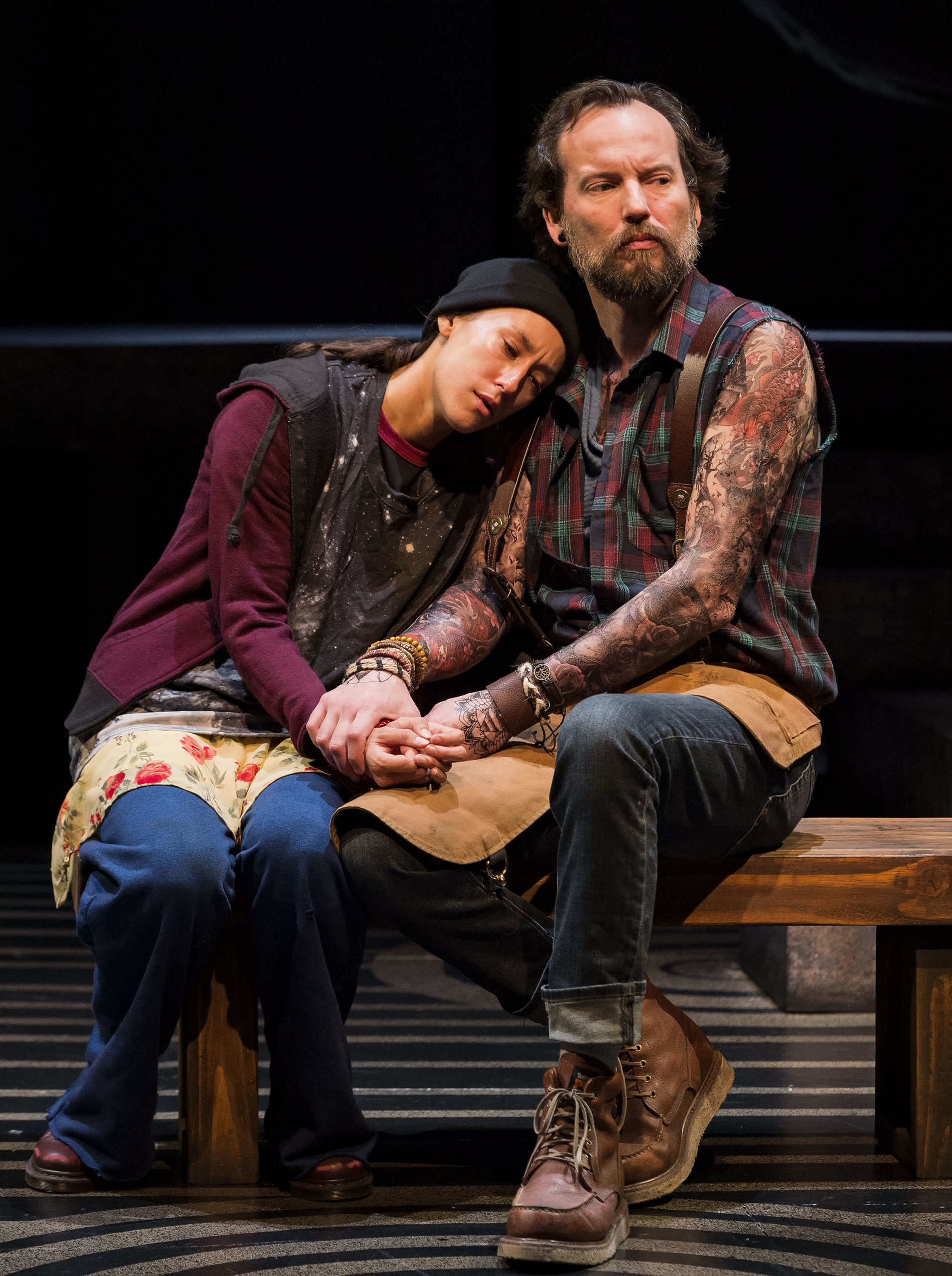
“What is important to you when casting the roles for your play?,” I query. Lewis responds, “I was mostly the silent partner, Emilie was leading the auditions. But what I was looking for were truth, vulnerability, and connection. You can feel it when someone is just putting on a façade versus someone who’s sharing their genuine self with you, especially in a small theatre. Vulnerability is also essential because the characters go through some things, and face some things about themselves. They have big questions about the universe and what they’re going through. So these have to be actors who are willing to open up and let us in. And, lastly, connection. This is a play that reaches out to the audience and, more and more, as I write, I find myself wanting to include the audience in the story- telling. I think of theatre as the old-fashioned medium – that what we do today is so connected and similar to people thousands of years ago sitting around the campfire telling each other stories. That was an intimate and connected experience and I want to make the kind of theatre that makes us feel that way – here we are in the darkness and sharing something that takes us through that whole emotional rainbow of feelings. Stories that help us ward off the darkness.”
A prolific playwright, Lewis has written about 13 or 14 plays. She states, “Most of them have been out in the world. I’ve been very lucky to have plays across the country and also in Edinburgh and a few other places. My play ‘Song of Extinction’ was at the Guthrie in Minneapolis. I’ve had plays staged in New York although not on Broadway; it was in Manhattan, though. I have been happily writing full time for the last nine years, which is fortunate because, as you know, the life of a playwright is such a roller coaster. Likewise, I do a little teaching here and there; and I also work on commissions. It’s a piecemeal sort of life and it’s uneven. But how lucky am I to be able to spend my life doing what I love and see my work come to life! It’s amazing to walk into a space and see the people who are figments of my imagination and here they are. I get to hug them. It’s very powerful as well as a big responsibility, in a good way.”
“Plays are a different art from poetry or novels.” Lewis elucidates. “Poets and novelists create the whole world themselves. Whereas a play is meant to be embodied and discovered through other people’s arts. And so to let them in helps you find the mood of the play. I love the part of my work that’s in my garret – alone, scribbling, listening to the voices of my characters in my head. But I love the other half of my life just as much – which is when I get to come to the theatre and work with the actors and directors.
“I’m so grateful to have my play premiering here at Boston Court. When I lived in Los Angeles, back when I was a baby playwright and finding my way, I would come to watch plays here at Boston Court. I thought they had the most stunningly beautiful stage and space. I loved the intimacy of the extraordinary design and their choice of plays that were smart and interesting. So to be able to have my play here with these lovely and smart people is a great gift. They take risks in doing new work and they love the business of helping a playwright find their play. Likewise, I have felt supported and challenged in all the best ways.”
As for the audience takeaway, Lewis says “There is a quote from Winston Churchill ‘If you’re going through hell, keep going.’ When we’re in the midst of a catastrophe, we tend to hunker down and not get out of it. I would like the audience to leave the theatre with a sense of coming out the other side of something, different than when they came in. Sometimes, even in the darkest time, you can be propelled into light and possibility that could never have been imagined unless you’d gone through that journey.”













